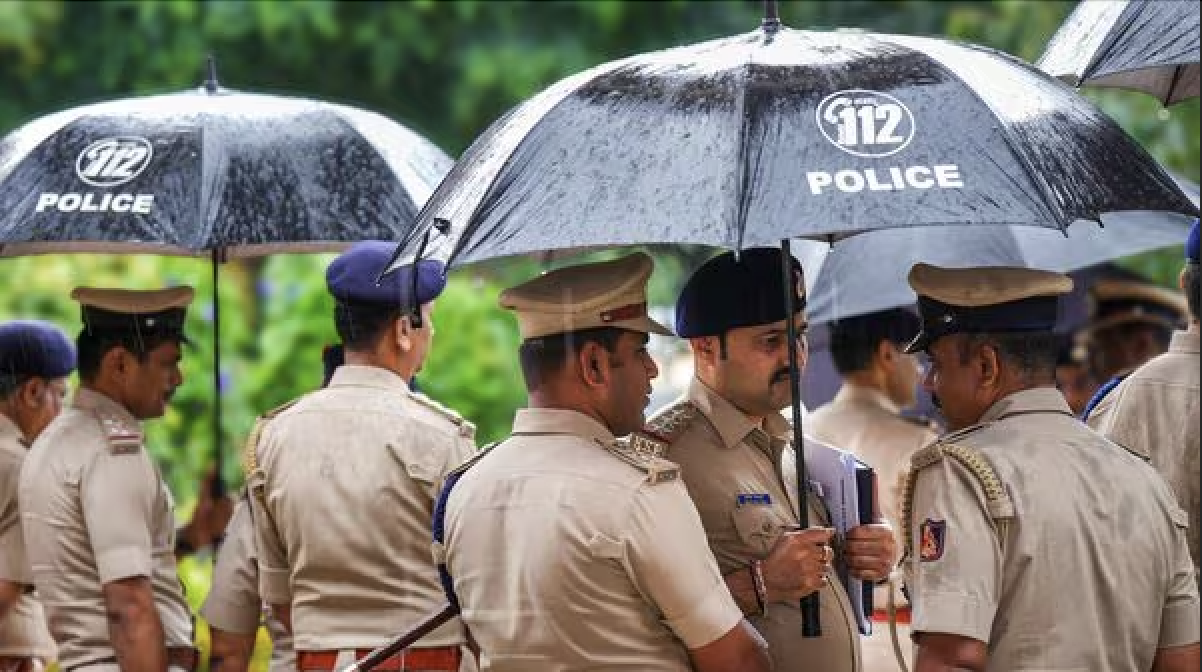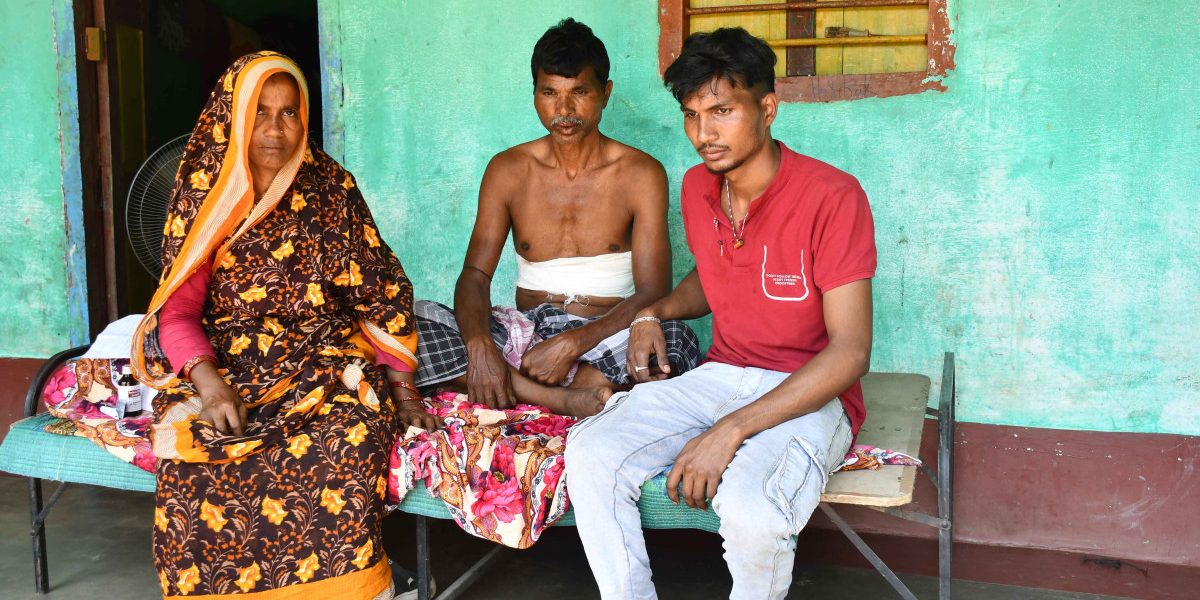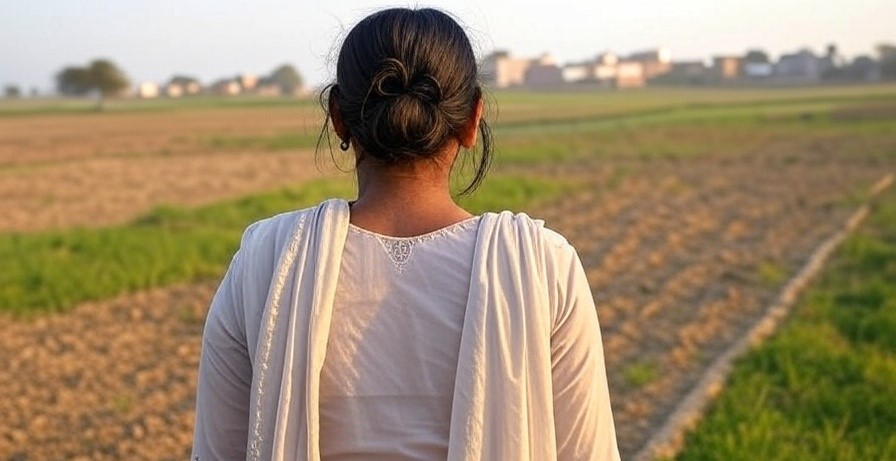Bengaluru: Nobel laureate Amartya Sen on Tuesday claimed that the Citizenship (Amendment) Act violates constitutional provisions.
“The CAA law that has been passed in my judgment should be turned down by the Supreme Court on the grounds of it being unconstitutional because you cannot have certain types of fundamental human rights linking citizenship with religious differences,” he told reporters at the Infosys Science Foundation’s Infosys Prize-2019 here.
The Nobel laureate said what really should matter for deciding citizenship is the place a person is born, lived and so on.
About the CAA, he said, “My reading of the law is that it violates the provision of the constitution.”
Explaining further, Sen said citizenship on the basis of religion has been a matter of discussion in the constituent assembly where it was decided that “using religion for the purpose of discrimination of this kind will not be acceptable.”
Sen, however, agreed that a Hindu treated badly in a country outside India deserves sympathy and his case must be taken into account.
“It (consideration for citizenship) has to be independent, of religion but take cognisance of the sufferings and other issues into account,” Sen said. The Nobel laureate said that the Supreme Court should void the controversial Act.
Speaking about the violence in the Jawaharlal Nehru University, Sen took note of the fact that the university administration could not prevent the entry of outsiders coming on the premises and creating violence.
He was “appalled” by the violence on the campus and blamed the administration for failing to stop the attacks in time. “I am appalled that communication between the administration and the police would be so delayed that ill-treatment of students could go on for quite some time without being prevented by forces of law and order. That the establishment of the university cannot prevent outsiders from coming in and creating such bloody violence within the campus,” Sen said, according to news agency ANI.
This story first appeared on The Wire on January 09, 2020 here.






